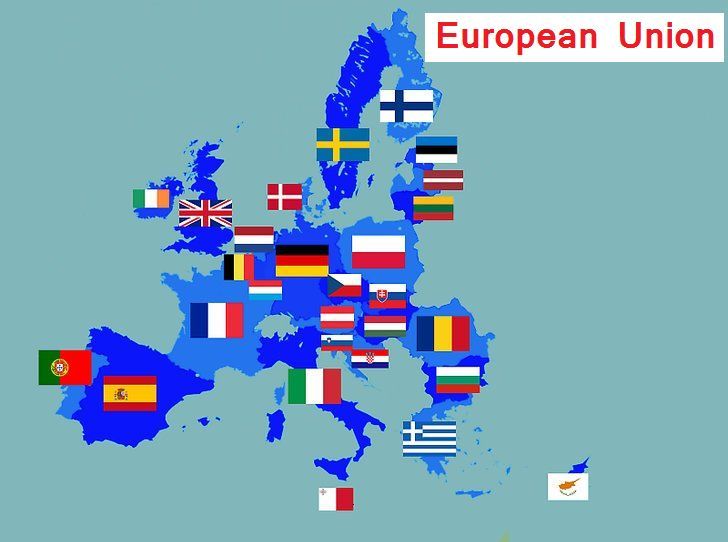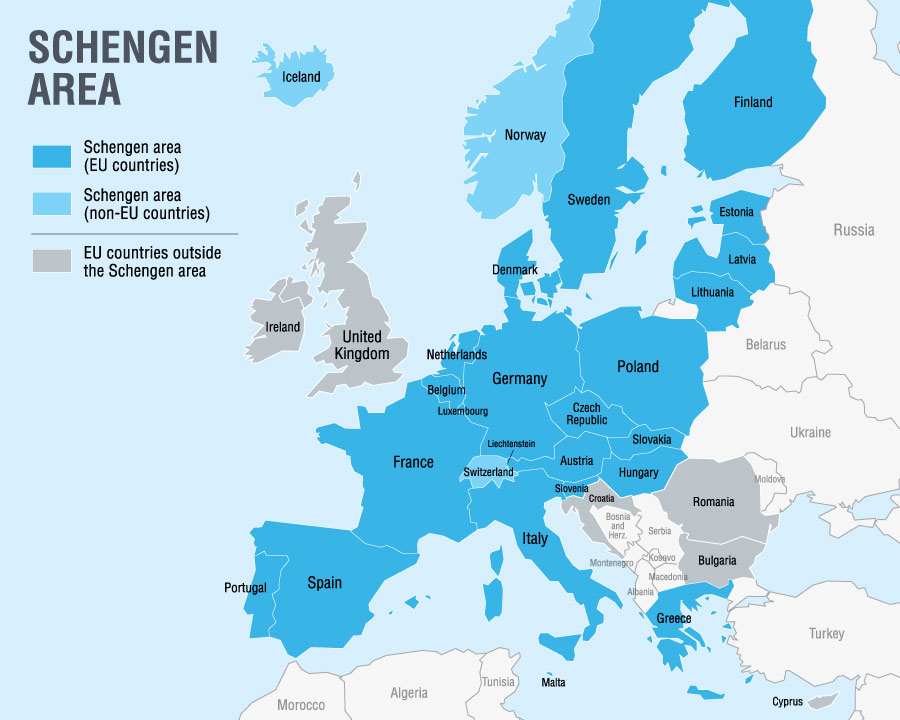By Gowri Somayajula
Honestly, living in the United States shelters us from global events and happenings: but that doesn’t mean that they don’t have long run rippling effects on our economy. And it comes as no surprise that Brexit: the age-old problem across the pond is much like most global events. But how did it all start? When will it end? Is it unrealistic to say we’ll never actually know how this will impact us until the UK actually leaves the EU? In full disclosure, I was waiting for the UK’s decision on October 31: hoping that they would come to a resolution. That date has long passed and while there’s been no clear conclusion to this 3-year saga, the EU extended the Brexit’s deadline by three months, dragging it out to 4 years. Sounds complicated? It is. If you look like the Spongebob GIF where he’s running around inside his brain with his head on fire right now (honestly if you haven’t seen it, look it up. Go on. I can wait), that’s understandable. But here’s my attempt at trying to break this down. This will be a column dedicated to unraveling the EU, the UK, and unraveling the mysteries of Brexit. Settle in because this will be a long read.
Famous quotes include:
- “Brexit was a fantastic example of a nation shooting itself full in the face.”
- Hugh Grant
- “I would delete Donald Trump. I would delete Hillary Clinton. I would delete the man who was responsible for Brexit.”
- Matt Hardy
- “If you look at it ideologically, I would say Brexit is not something that probably is good for the world. “
- Arundhati Bhattacharya
- “The British have chosen liberty with Brexit and can congratulate themselves every day.”
- Marine Le Pen
One of these quotes is not like the others. Yes. That is in fact on purpose.
EU, Who?
I think a great place to start unpacking Brexit is from the beginning. As in literally, the very beginning. What on earth is the European Union? Who is in it? What does it mean for people to leave, and what does it mean to join? Are they like the Plastics in Mean Girls: exclusive, incredibly coveted and impossible to get into (You can’t just ask people why they aren’t in the EU, Karen?) Or is this more like the Breakfast Club: everyone’s allowed so long as you have detention at school on Saturday? Honestly, it’s a bit of both. Getting into the European is a lengthy appeal process, and countries can be on the waiting list for years. Countries have to change their regulations (financial, trade and many others) and have to decide whether they’d be willing to adopt the Euro. The last country, in fact, to join the EU was Croatia in 2013.

The EU consists of 28 different countries as shown above. Why would anyone choose to be in the EU? Because it keeps the peace. Imagine the benefits of having 28 countries signed to keep the peace: especially countries prone to historical disputes and discontent. The European Union as a whole has been awarded a Nobel Peace Prize, for what could be the most successful peace project in history. The EU is also a single market: broken into three main components:
- The ability to travel and work in any country (which removes the need for work visas or business visas).
- The ease of financial transaction
- Selling and trading goods (this is applicable with services as well) with no trade restrictions in the form of quotas, tariffs or taxes.
The convenience of a single market comes with its pitfalls too: the EU regulates everything: down to the right to be forgotten (I won’t go into it but the EU has implemented strict data privacy laws for its citizens) and strict flammable material laws (there’s this video of someone supporting Brexit trying to burn an EU flag but he couldn’t). This is expensive and time-consuming and for countries looking to join the EU, these mandatory regulations must mean they shift their production techniques. This means high production standards in all industries: including and especially the food industry. Most of the food produced in the United States wouldn’t be passable in the EU based on their GMO and pesticide regulations.

Take a look at the amazing infographic above. What the United States allows wouldn’t pass in the EU. *cue Mickey Mouse this is a surprise tool that will help us later*. These regulations ensure that consumers are protected with laws of the highest degree. For instance, almost all flight cancellations warrant a mandatory refund.
But perhaps the biggest benefit of all is that the EU gives voice to multiple smaller countries. The countries act in unison together (a real concept in this day and age).

This is not to be confused with being a Schengen country. Schengen countries are areas linked without boundaries or borders: akin to driving over state borders in the United States. There are 26 countries, 400 MILLION people (larger than the population of the United States) and a combined economy of $15 trillion. These are areas within which citizens, noncitizens’ whether tourists or business officials can travel freely without being subject to border control or passport checks. Schengen countries are not exclusively EU countries though. Schengen areas have broadened to include non-EU countries. Being a Schengen country also means goods traveling between countries don’t take as long anymore. Switzerland is a Schengen country. The UK is not.
If I could go on about this, I’d be here for another three months. But since I’ve made it my personal mission to understand this, I guess I will be. Welcome to Sparknotes: Brexit for dummies. I’m looking forward to seeing you here again!
